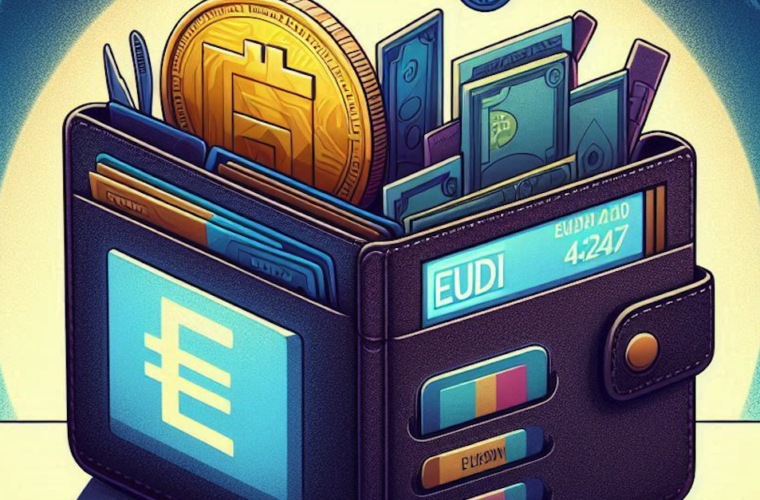French elections: The British policy vote and the French legislative one both supported an inclusive democracy. In Place de la Republic, as in Trafalgar Square, we saw joyous crowds for a victory for democracy over emerging extreme right-wingers across Europe and against all authoritarianism and autocracies, given the strong turnout on both sides. In the UK, the majority is clear and strong and with a government already in place, while in France, the advance of extreme right-wingers has been halted, but where time will be needed for an added effort to build a sustainable and credible centre-left coalition. Fending off the attempted shoulder-bending of the far right by Marine Le Pen and Jordan Bardellà also did not mean forming a stable, credible and sustainable majority that will have to come to fruition.
However, the French still gave a definite indication of a center-left coalitional balance. For one simple reason: 2/3 thirds of the French do not want the RN of Le Pen-Bardellà to come out defeated and want a centre (unlikely) or centre-left (more likely) majority to be built around a project that is not short-lived and looking ahead to the next presidential elections in 2027. Precisely because the failure of this project would mean gifting France to the RN with all its disastrous European and global fallout, all pre-election polls have been resoundingly disproved and to the relief of the French (and many Europeans) who at Place de La Republic are celebrating with joy and serenity against all predictions of incendiary conflicts threatened by the right-wingers. Certainly, the puzzle in the Republique is here to offer solutions to the French first and foremost and simultaneously to Europe.
Rising tensions
Indeed, tension is growing between the choices of Melenchon (in the Front Populaire), Glucksmann and the Ensemble Macronists (without too strong a role for Macron possibly). “Extremisms” even here, the centre/left will perhaps have to be isolated to find the balance possible and necessary after having “anesthetized” the RN push. The great French anti-fascist mobilization ignited by Macron’s gamble worked, at least to some extent. It did not penalize him too much by not only “surviving” but not losing too much weight on the way compared to predictions because he probably reckoned with the long term by wanting to stop the right looking even to 2027. In fact, Ensemble and Front Populaire (divided into four groups between Insoumise, socialists, greens and communists) are equivalent with 163 and 187 seats, and both are growing, having worked well in the desistance (“triangulaire”) mechanisms.

Looking ahead to 2027
While the losers are precisely RN and its allies, including, of course, Putin with his electoral disruption actions on social media, so the French vote should be interpreted as a vote for moderation and stability, and now it will have to be negotiated to build the useful and necessary coalitional perimeter. Raphael Glucksmann’s environmentalist movements socialists will probably act as the needle in the balance between FP and Ensemble as long as it happens between “adult, conscious and responsible politicians.” The French united against the far right by residualizing its danger but “disunited” by pointing the way forward, certainly signalling the need for a coalition also looking ahead to the 2027 presidential elections that would see a great candidate in Edouard Philippe, former mayor of Le Havre and minister in the Rocard governments of the Horizon party and close to the Socialists.
Certainly, the unexpected defeat of the right-wing with these dimensions was also realized by the expressed rejection of any coalition in the security of overwhelming victory that the French instead rejected, above all with exceptional participation in the vote (around 70%) having also played an opinion vote with the involvement of prominent footballers (such as Mbappè captain of the Blues who exposed himself directly with many others), singers and various actors. A lesson for Europe but no less for the US: right-wingers can be defeated on a pro-European, anti-Sovereignist and post-nationalist line. Bearing in mind that already in 1936, a Popular Front of Leon Blum governed.
Building a sustainable and credible EU
Now, however, a coalition will be needed around some degree of centre-left and/or centre forces homogeneity, obviously starting with the European vocation and partnership with NATO. We are at the French novelty of an Assemblè National that will have to find a clear democratic boundary around an irreversible European projection, including the axis with Germany as a continental lintel, including support for Kiev and urgent humanitarian solutions for Gaza. Overall, the French surprise adds to the British non-surprise toward a more inclusive and fairer world, distributing the wealth produced with equity with sustainable capitalist models and a new centrality of the state. The same balance between the strength of the President and the strength of Parliament will be the great institutional issue from a vertical Republique to a more horizontal and popular one of a Relational (non-dispensing and non-authoritative) State.
This is the key to building a sustainable and credible coalition by perimeter the “homogeneity” best suited to this “great leap” that would not be a leap in the dark that would hand France back to the most extreme Right and which the French have rejected “without ifs and buts ” as well as against all the “most extreme cross vetoes.” It is now up to French politicians and the Center and Center-Left politicians to extract from the three blocks that came out of the vote that seems equivalent to a credible and sustainable coalition.
French instability but not ungovernability – one would say – will depend on the policy choices of the coalitions that will emerge and influence both the Center-Left and the Right—having to find sustainable solutions on the huge issues such as emigration and climate change to be “balanced” with public debt, growth factors and the role of new technologies with “unprecedented” coalitional logics for France between forced alliances, institutional fractures and short-lived bricolage.



